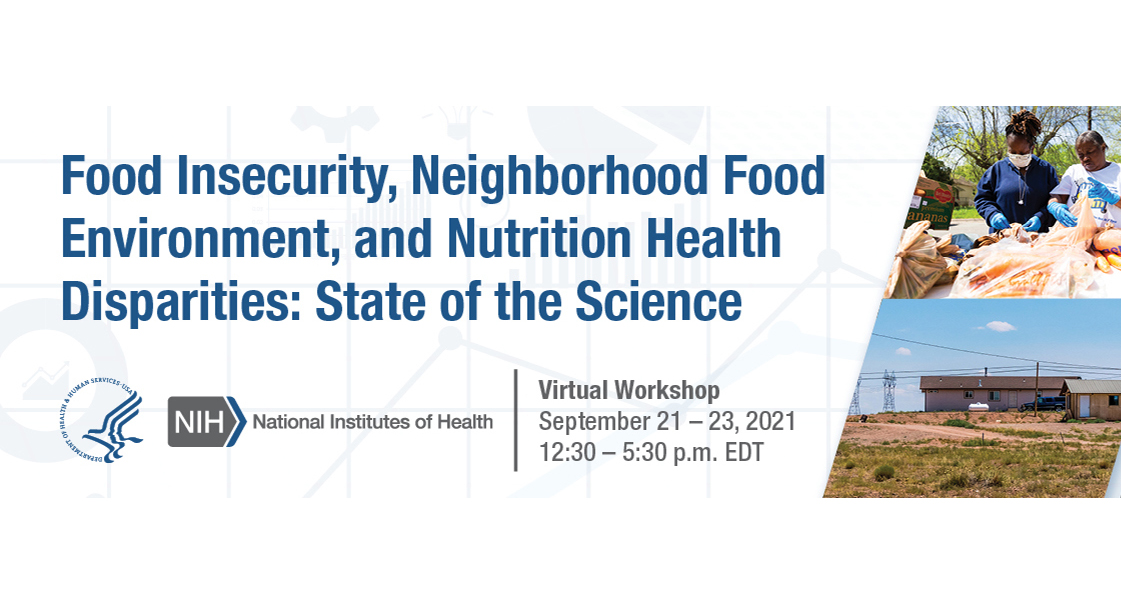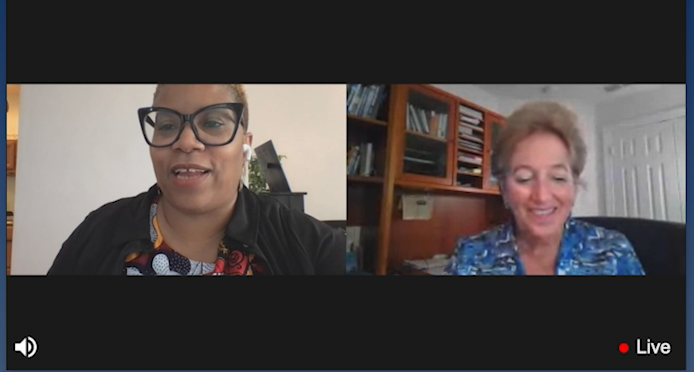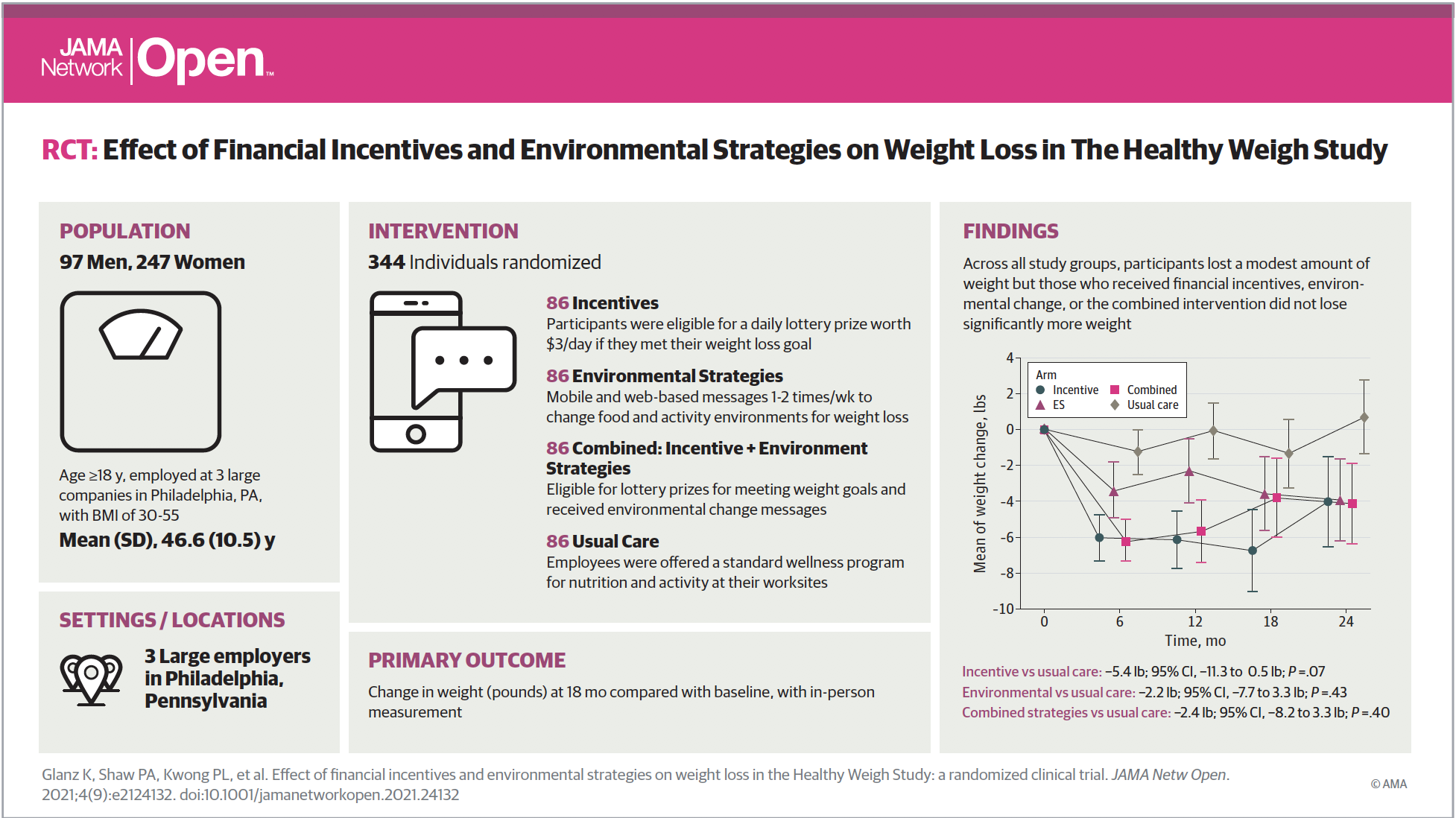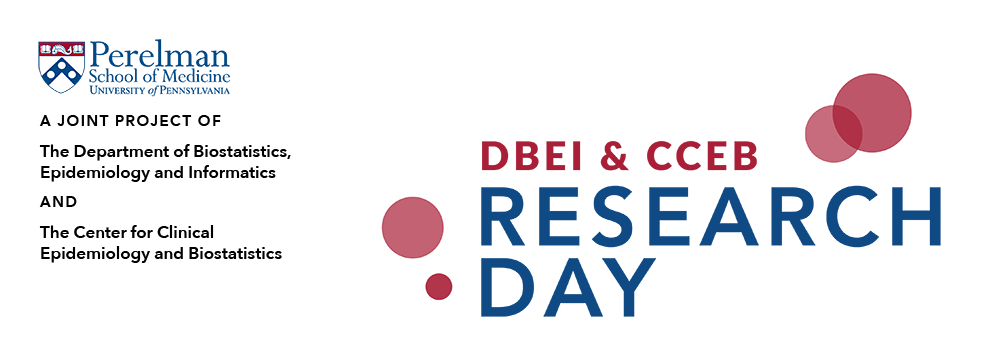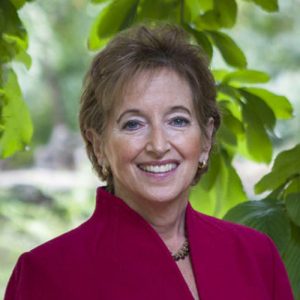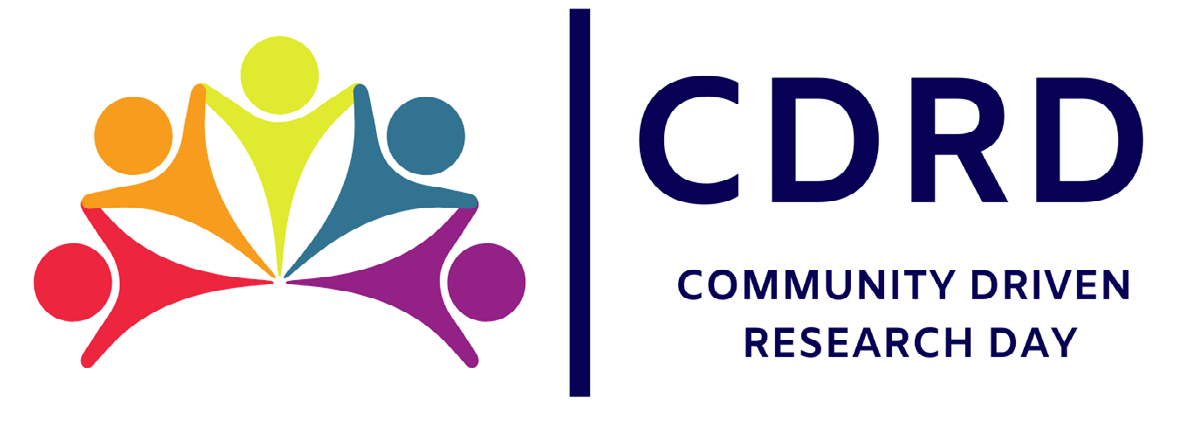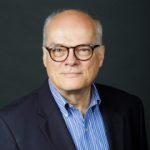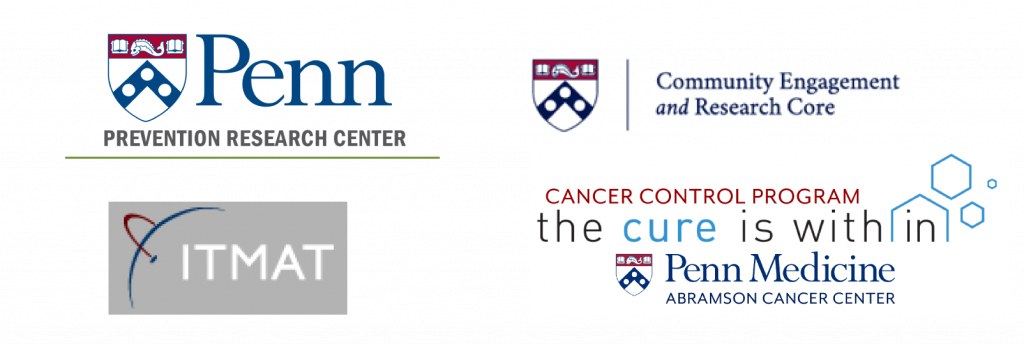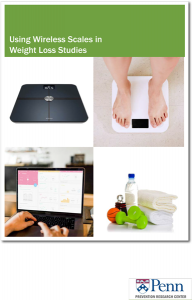2022 Community Driven Research Day – January 27
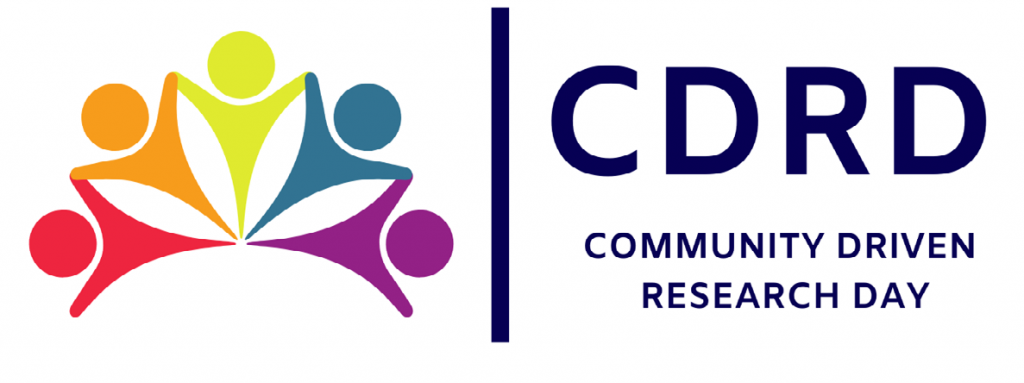
Community-Driven Research Day (CDRD) encourages collaborations between researchers and community-based organizations (CBOs) and community groups who have research questions that they are interested in answering, specifically in ways that address social determinants of health. The 12th annual CDRD will take place virtually on Thursday, January 27, 2022 from 9:30am-12:30pm EST.
Through virtual presentations in themed breakout sessions, CBOs and community groups will highlight their questions to CDRD participants, who will include area nonprofits, community groups, public sector partners, and researchers from Children’s Hospital of Philadelphia, The University of Pennsylvania, Temple University, Drexel University, Thomas Jefferson University, and Philadelphia College of Osteopathic Medicine. CBOs, community groups, academic researchers, and students will be able to virtually meet and discuss mutually-beneficial collaborations around the 12th Annual CDRD theme of “Advancing Health and Equity Through Community-Academic Partnerships.”
Following CDRD, a competitive pilot grant program supports partnerships formed as a result of participation in CDRD between academic researchers and community-based organizations. The eight $10,000 grants are limited to faculty of The University of Pennsylvania, Temple University, Children’s Hospital of Philadelphia, Drexel University, Thomas Jefferson University, and Philadelphia College of Osteopathic Medicine who have significant community health-related research experience, and are working in collaboration with community partners who present at CDRD.
CDRD Details & Additional Information
The 12th Annual CDRD will be held virtually on Thursday, January 27, 2022 from 9:30am-12:30pm EST. Registration is now open for both presenters and attendees.
Call for Submissions: CBOs and Community Groups
CBOs and community groups interested in developing partnerships to conduct research are urged to participate in an interactive virtual poster presentation that will highlight the organization’s/group’s mission, goals, and major accomplishments. Posters/Powerpoint will also display questions that they are interested in answering about partnering for healthy and safe communities.
Submissions are due by Monday, January 10, 2022. Click here to apply to present.
Register to Attend: Non-Presenting Participants
All non-presenting individuals interested in attending Community-Driven Research Day, including academic faculty, staff, students, lay community members, and representatives of non-academic institutions should register by Thursday, January 20, 2022. Click here to register.


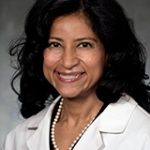 Duncan Van Dusen Professionalism Award for Faculty to Carmen E. Guerra, MD, MSCE, FACP, Ruth C. and Raymond G. Perelman Professor of Medicine in the Division of General Internal Medicine and Associate Director of Diversity and Outreach, Abramson Cancer Center. Dr. Guerra’s multifaceted leadership in support of diversity, equity, and inclusion has had far-reaching impact across Penn Medicine.
Duncan Van Dusen Professionalism Award for Faculty to Carmen E. Guerra, MD, MSCE, FACP, Ruth C. and Raymond G. Perelman Professor of Medicine in the Division of General Internal Medicine and Associate Director of Diversity and Outreach, Abramson Cancer Center. Dr. Guerra’s multifaceted leadership in support of diversity, equity, and inclusion has had far-reaching impact across Penn Medicine.